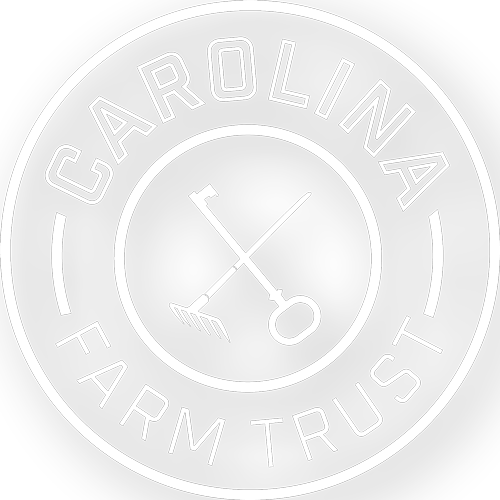Eating healthy in a food desert: Mecklenburg leaders seek new solutions
[vc_row][vc_column][vc_single_image image=”4613″ img_size=”full” alignment=”center”][vc_column_text]
Youth working at the Seeds of Change Urban Farm, a quarter-acre farm in the West Boulevard Corridor where neighbors grow fresh, healthy food for the community – a response to the lack of grocery stores in their neighborhoods. Photo courtesy Rickey Hall
[/vc_column_text][/vc_column][/vc_row][vc_row][vc_column][vc_empty_space height=”22px”][vc_column_text]Article from UNC Charlotte Urban Institue by Jonathan McFadden
Mecklenburg County leaders are trying to find solutions for a worsening food crisis in the county’s poorest neighborhoods.
Nearly 15 percent of the county’s population lives in what the U.S. Department of Agriculture calls food deserts — low-income communities where most residents don’t have access to a full-service grocery store or supermarket carrying nutritious food. That figure exceeds the national average of 11 percent and North Carolina’s statewide average of 13 percent.
“Population density probably has a lot to do with” the higher


